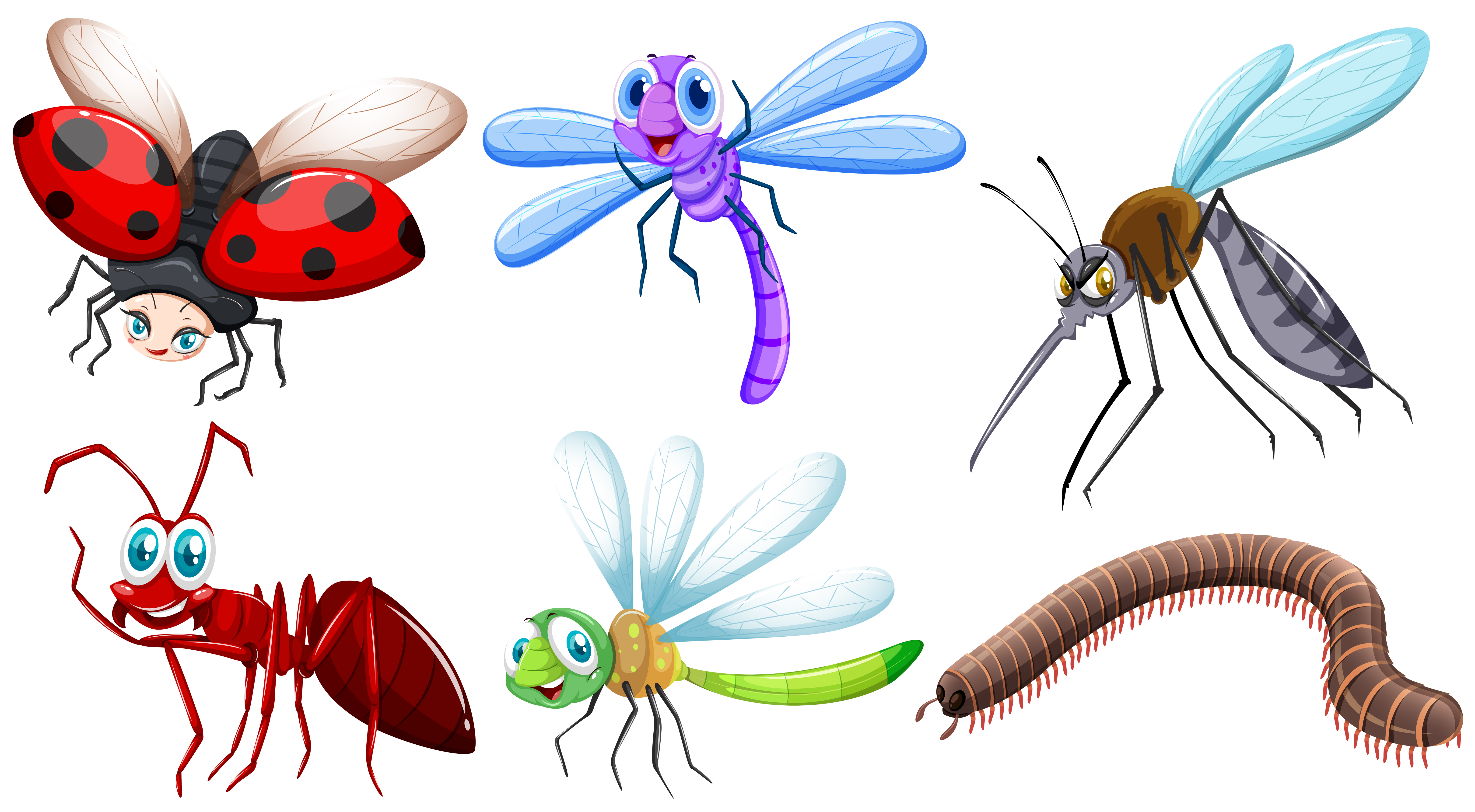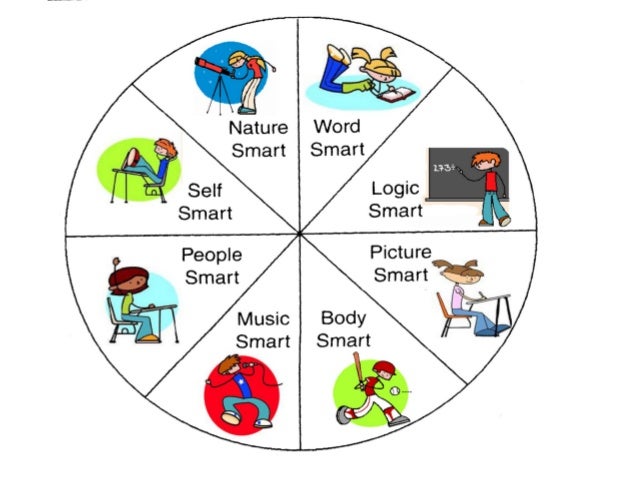
These long wires can be things we’ve learned about over time or that we’ve practiced. Let’s expand this idea of different brain smarts by adding to it the idea of “brain wires.” We can think of things our brains make easy for us as long wires in our brains. Talking about social in the context of brain smarts and brain wires is one way we can start the conversation or keep it going.

When we work with students with social learning challenges on their social thinking and related social skills, we’re asking them to talk about and work on something their brains don’t make easy for them. Talking about things that are difficult or challenging for us isn’t always enjoyable and it’s sometimes anxiety provoking. We each have our own likes and dislikes, strengths, and challenges, things our brains make easy for us, and things our brains don’t make easy. The reality is that we’re all wired differently. If you happen to work with students who are in upper elementary school, please refer to another article on our website for ideas on how we teach the idea of different kinds of smarts to older students, Teaching Students About Their Learning Styles (Strengths, Differences, and Relative Challenges).) (Note: the idea of different kinds of smarts is introduced to our elementary-age students in the Social Thinking book, You are a Social Detective. And it’s our social smarts that help us share space effectively if it ends up we’re sitting next to a stranger until we reach our destination.

It’s how we can make a smart guess that the train is getting ready to go and it’s time to take our seats. Our social smarts are what help us walk into a busy train station, find the person we are planning to meet, buy our ticket and board the train together. We have smarts around our interests and hobbies, and we also have social smarts. Some people have lots of physical smarts, if they play a sport for instance, walk regularly, or are avid stretchers. Some people have lots of smarts in academic areas, like writing, coding, chemistry, or advanced quantum physics. We all have smarts in lots of different areas.


 0 kommentar(er)
0 kommentar(er)
